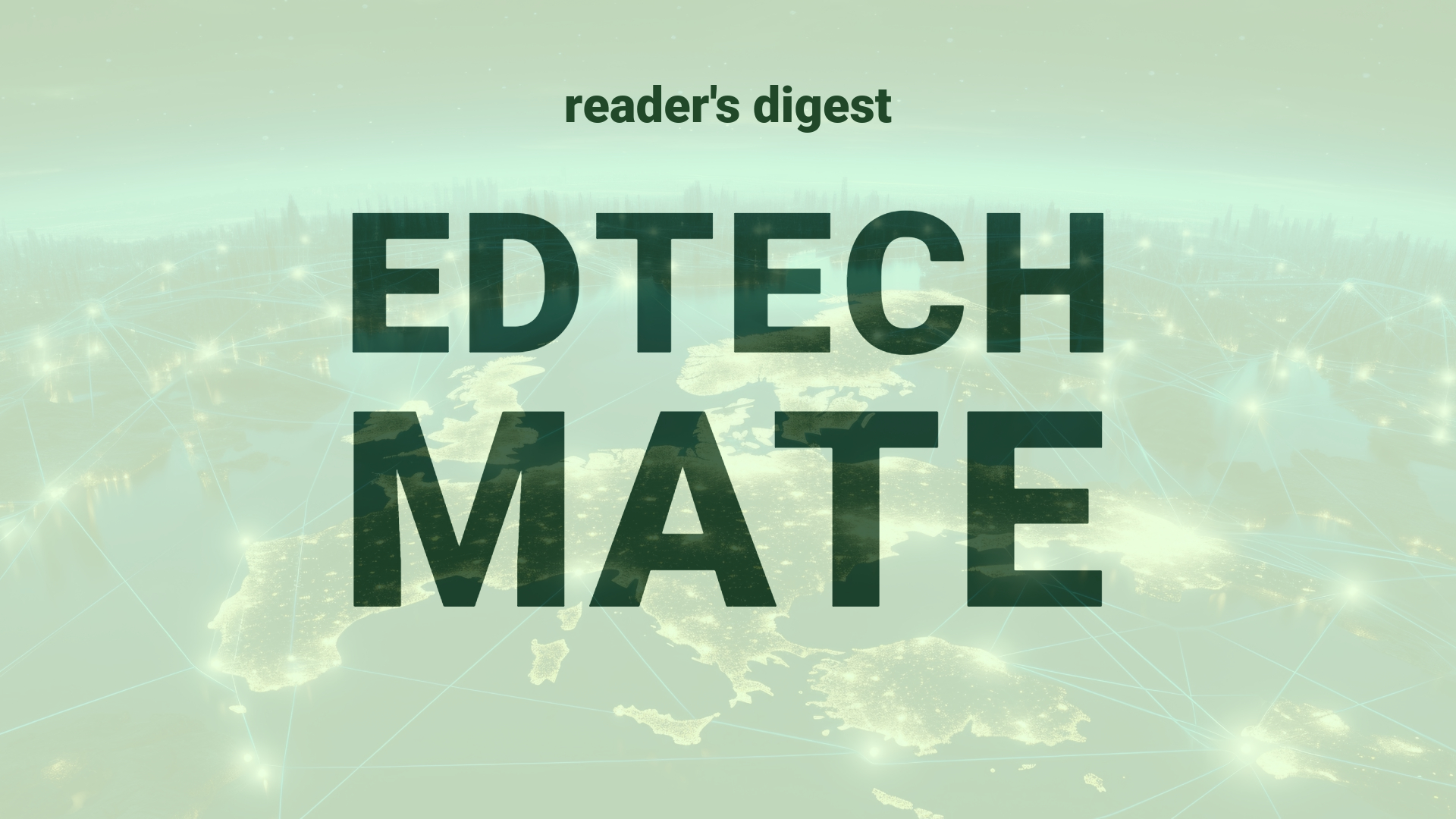Executive Summary and Main Points
The recent edition of the Politely Pushy podcast featuring Isaac Sacolick, President of StarCIO, elucidated on making digital transformation a central competence within organizations. Key themes emerged concerning the need for entities to periodically reinvent themselves in response to market flux and technological advancements. The concept of the Digital Trailblazer was addressed, illustrating the necessity for leaders to possess a confluence of multidisciplinary skills, encompassing product and program management, solutions architecture, and proficiency in agile planning and data science. Additionally, the interview illuminated the influence of Generative AI (Gen AI) on digital strategy, highlighting its potential to expedite data processing and engender significant business model transformations.
Potential Impact in the Education Sector
Developments discussed in the interview have significant implications for Further Education and Higher Education institutions, which can utilize such digital transformations to innovate teaching methodologies, personalize student learning experiences, and streamline administrative processes. The trend towards micro-credentials also benefits from digital transformation, as these credentials increasingly rely on digital verification and recognition. Rethinking digital strategy has strategic value for academia’s partnerships with industry and technology providers to refine curricula and foster student preparedness for a future driven by Gen AI and digital fluency.
Potential Applicability in the Education Sector
The insights provided underscore the potential for AI and digital tools to revolutionize global education systems. Gen AI may enable sophisticated analysis of student data, facilitating personalized feedback and adaptive learning pathways. Higher education can harness this technology for automating administrative tasks, offering nuanced insights into student performance metrics, and curating content that remains current with industry standards. The comprehensive integration of these technologies will be pivotal in nurturing digitally literate graduates equipped to navigate the evolving employment landscape.
Criticism and Potential Shortfalls
While the adoption of Gen AI and other digital innovations presents transformative potential, they are not without criticism and potential downsides. Concerns persist about the ethical utilization of AI, the protection of student data privacy, and the impact on employment within the education sector. Comparative international case studies might reveal disparities in the readiness of educational institutions globally to embrace these changes, which could heighten educational inequalities. Furthermore, cultural implications of standardizing education through AI tools might undermine the diversity of educational approaches.
Actionable Recommendations
To capitalize on these technological advancements, education leaders should prioritize the upgradation of IT infrastructure to support AI and digitalization. Strategic pilot projects could assess the utility and applicability of Gen AI tools in education, followed by professional development programs for faculty to adeptly integrate these tools into their teaching. Emphasizing interdisciplinary curricula that integrate digital literacy and practical Gen AI applications would better prepare students for a future labor market influenced by continual digital transformations. Stakeholders should also engage in ethical debates and develop guidelines that ensure AI’s responsible use within educational contexts.
Source article: https://blogs.starcio.com/2024/07/gen-ai-digital-transformation.html

